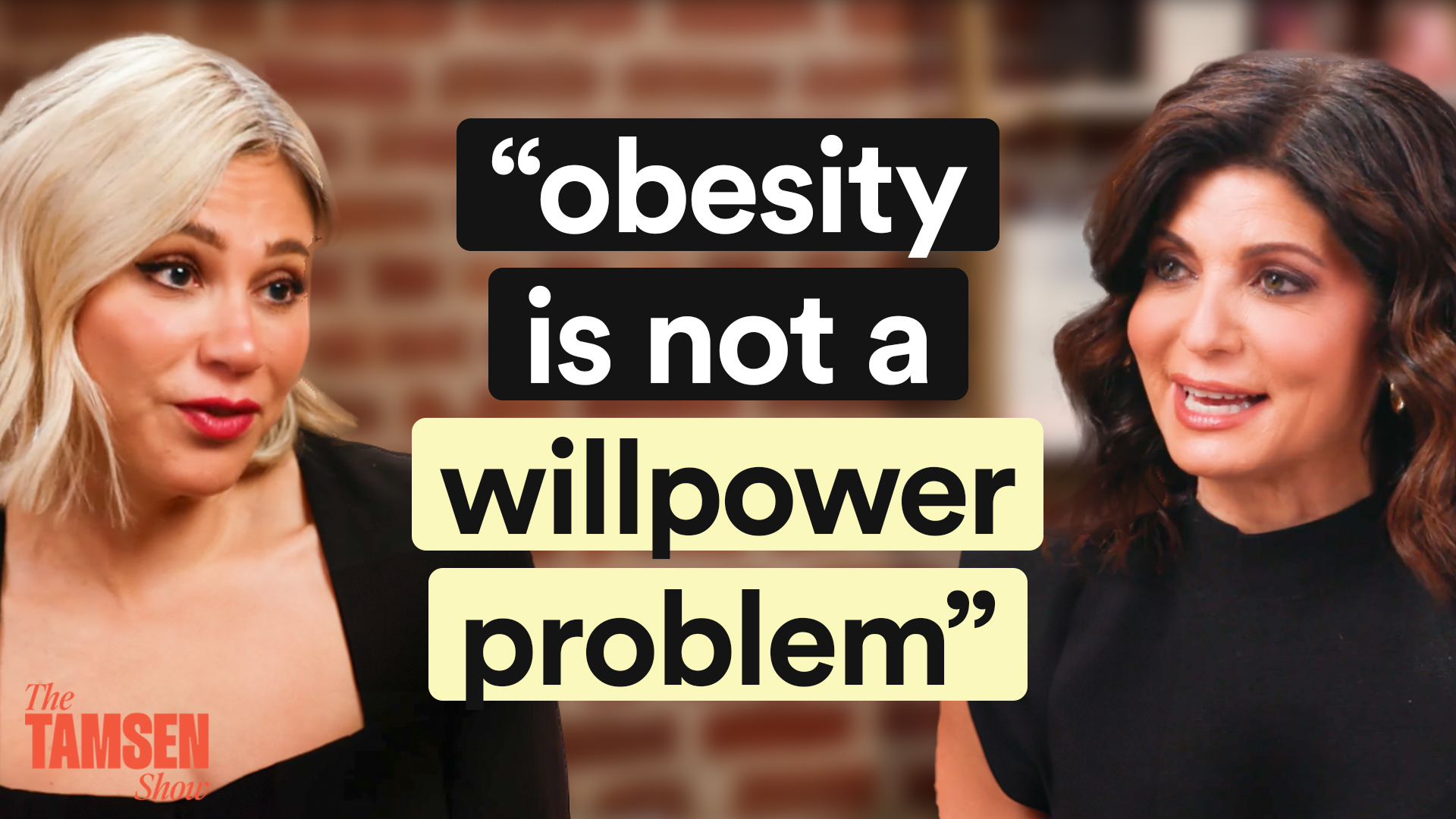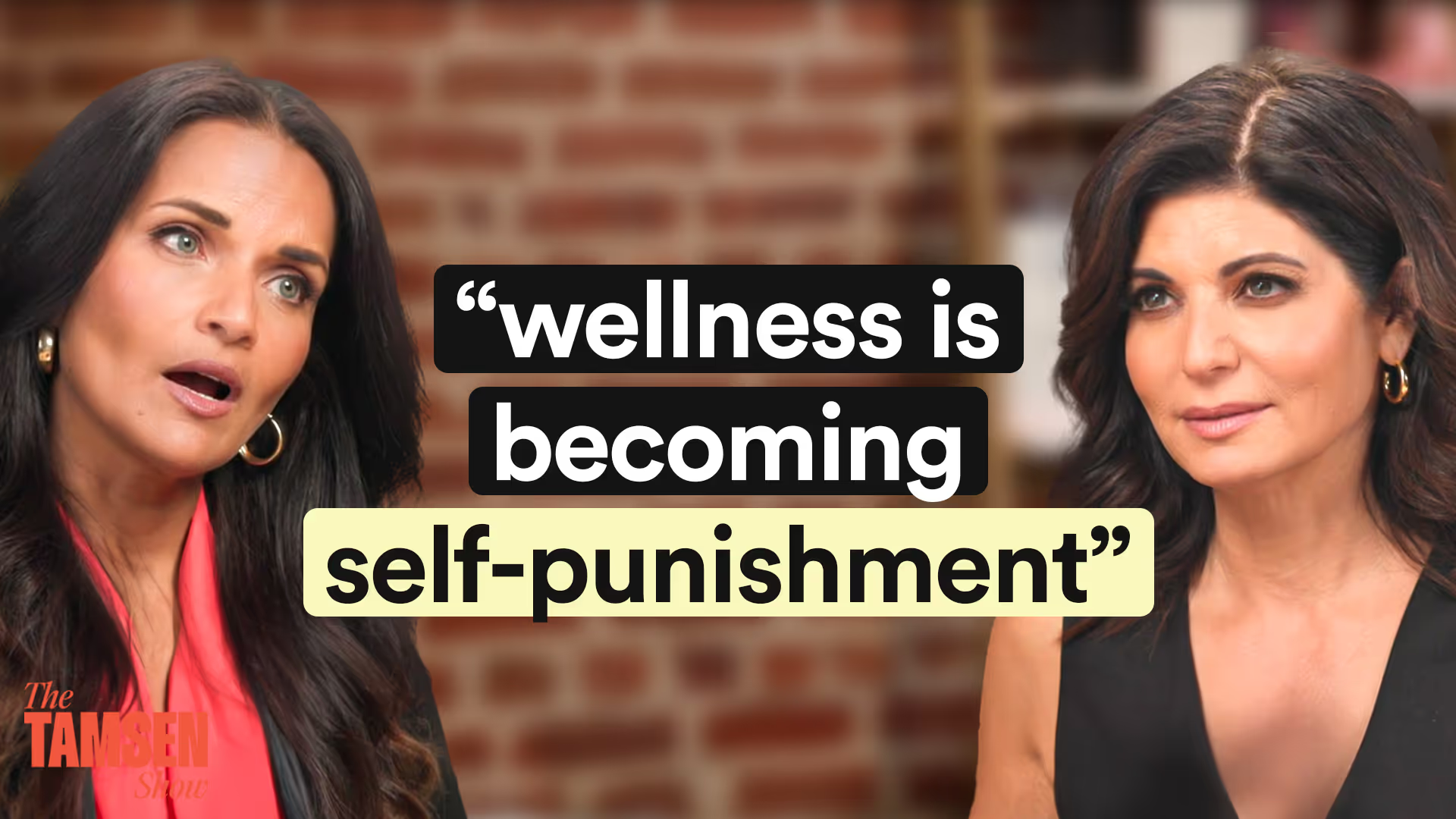Breast changes are a common symptom of menopause, encompassing a variety of alterations in size, shape, and texture. These changes are primarily driven by hormonal fluctuations, particularly the decline in estrogen levels. As a result, women may notice their breasts becoming less firm, losing volume, or experiencing increased sagging. Some also report tenderness, pain, or lumpiness, which can be concerning. It’s essential to distinguish between normal menopausal changes and potential signs of breast disease, including breast cancer, to ensure proper health management and peace of mind
Why do our breasts change during menopause?
As women age, their estrogen levels naturally fluctuate and eventually decline. This hormonal shift leads to changes in breast size, shape, and texture. You might notice your breasts becoming less firm, losing volume, or sagging more than before. Some women also experience tenderness, pain, or lumpiness. While these changes are generally normal, it’s crucial to differentiate between typical menopausal symptoms and potential signs of breast disease, including breast cancer. Here’s a rundown of why it can happen during menopause:
- Hormonal Fluctuations: Decreased estrogen levels affect breast tissue, leading to changes in firmness and volume.
- Loss of Elasticity: Reduced collagen and elastin make breast skin less elastic, causing sagging.
- Fat Redistribution: Hormonal shifts can lead to changes in the distribution of body fat, affecting breast size and shape.
- Glandular Tissue Changes: The breast's glandular tissue may shrink or become more fibrous.
- Fluid Retention: Hormonal changes can cause water retention, leading to tenderness and swelling.
- Bone Density Loss: Decreased estrogen impacts bone density, potentially affecting posture and breast appearance.
How can I deal with breast tenderness or changes?
Perform self-examinations
Regular self-examinations are essential for becoming familiar with the normal feel and appearance of your breasts. This practice helps in detecting any unusual changes early. Pay attention to new lumps, persistent pain, changes in breast size or shape, or nipple discharge, and report these to your healthcare provider.
Comfort measures
Investing in well-fitting, supportive bras can alleviate discomfort and provide adequate support. Consider getting professionally fitted to find the right size, as this can significantly improve comfort.
Healthy lifestyle
Maintaining a healthy diet rich in fruits, vegetables, and whole grains, and low in saturated fats and processed foods supports overall breast health. Regular physical activity helps maintain a healthy weight, as excess body fat can influence hormone levels and breast changes.
Medical interventions
Hormone Replacement Therapy (HRT) can help manage various menopausal symptoms, including breast changes. Discuss the benefits and risks with your healthcare provider to determine if it’s suitable for you. Continue regular mammograms as recommended by your healthcare provider to monitor breast health and screen for any abnormalities.
Stress management
Incorporating relaxation practices into your daily routine is essential for managing stress, which can significantly influence hormone levels and breast health. Techniques such as meditation, yoga, and deep-breathing exercises can help maintain a sense of calm and balance. Additionally, ensuring you get enough restful sleep is crucial, as poor sleep can disrupt your body's hormone balance and overall health. Prioritizing sleep hygiene by establishing a regular sleep schedule and creating a relaxing bedtime environment can greatly improve your sleep quality.
Consult your doctor
If you experience any new or persistent changes in your breasts, it's essential to seek medical advice. Your healthcare provider can conduct a thorough examination and suggest any necessary further tests. Maintaining open communication with your doctor about your menopausal symptoms is crucial for receiving tailored guidance and care.
And last but not least, make sure to schedule your yearly mammogram. This regular screening plays a key role in early detection and effective treatment of breast health concerns.
Breast changes during menopause are a natural aspect of aging, primarily caused by hormonal shifts. It's important to regularly perform self-examinations to become familiar with your breasts and detect any unusual changes early. Maintaining a healthy lifestyle, including a balanced diet and regular exercise, can also support overall breast health. Additionally, seeking medical advice when you notice persistent discomfort or significant changes ensures that you receive appropriate care. Exploring supportive measures such as well-fitting bras and relaxation techniques can further help manage these changes. With proactive management and regular health check-ups, you can navigate menopausal breast changes with confidence and maintain your well-being.
Additional Resources:
Secrets To Thrive In Menopause: Download this free guide to learn my top secrets to thrive in menopause.
Menopause Symptom Tracker: Track your symptoms and get connected to physicians and organizations that can help you!
The information contained on this website is intended for informational and educational purposes only. It is not intended to be a substitute for the advice of an appropriately qualified and licensed physician or other healthcare provider.






.jpg)
.jpg)







